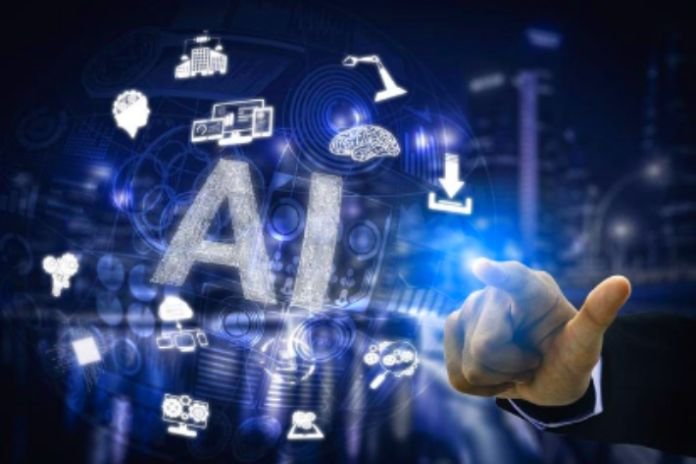Artificial Intelligence In Business: What Is The Impact
The concept of Artificial Intelligence may be older than many people think. He was on the agenda as early as the mid-1950s among some of the brightest minds of a generation of mathematicians and scientists, such as the famous Alan Turing.
Although the computers of his time could not store commands, Turing even published an article that talked about the possibility that one day, there will be intelligent machines that not only help carry out processes but also learn new things and interact with humans.
Nowadays, within the corporate universe, Artificial Intelligence has shown itself as a faithful ally. That’s why we’ve prepared this post so you can learn about AI’s impacts, benefits, and uses for business. Could you keep reading to check it out?
What Is Artificial Intelligence?
Artificial Intelligence is any software that, through analysis algorithms, can make decisions to achieve some objective. AI offers many application possibilities, from repetitive tasks to automating customer service.
These algorithms rely on a significant data source to identify patterns and thus analyze the best way to perform an operation expected by the user.
What Are The Positive Impacts It Promotes On Business?
In the business sphere, AI has generated a series of positive impacts, especially in activities related to the relationship with the consumer and the automation of daily tasks. Among the contexts in which Artificial Intelligence has been applied, we highlight:
- cost reduction: many organizations invest in software equipped with AI to reduce their expenses since these systems are capable of executing repetitive and bureaucratic processes, which eliminates the need to hire employees to perform these functions;
- productivity optimization: financial and accounting institutions have significantly reduced manual errors and human errors in calculations of their professionals, directing team productivity to other tasks;
- Fraud prevention: AI has shown itself to ally with banking and financial institutions in identifying suspicious behavior, blocking possible fraud and access attempts by malicious people.
Therefore, organizations that want to provide quality customer service also benefit from the automation provided by AI, as operational costs are reduced as processes and frequently asked questions are answered automatically.
How Is It Used In Companies?
Now that you know what Artificial Intelligence is and how it has impacted modern organizations, we will show you some of its main applications for daily corporate life below.
Increase In Automation
AI is one of the arms of task automation. Its autonomy to perform all kinds of functions, which has been increasing over time, allows companies to eliminate various processes. Sorting items, delivering products, and even forecasting trends with a higher degree of accuracy are just some of the business benefits of automation.
Improved Productivity And Decision-Making Support
Processing large numbers of data is a very complex and time-consuming task for any human contributor. However, using intelligent algorithms based on Big Data makes it possible for the software to provide accurate reports and insights to improve decision-making in the corporate environment.
AI also helps to avoid maintenance issues and reduce the risk of employee operational fatigue. Its infinite capacity to process information sets the way for the automation of tasks, incredibly repetitive and bureaucratic ones, which helps to save time and energy for work teams.
Increased Security
Face or voice recognition technologies have already been applied in several segments and are present in most electronic devices. The advance in digital transformation also allows even disguised faces to be recognized, even wearing sunglasses, caps, or scarves.
On the other hand, speech recognition engines also have an incredible success rate in audio transcription, which shows how AI has improved information security. We’ll talk more about that later.
Customer Service Automation
You’ve heard about chatbots, haven’t you? Briefly, they are service robots whose purpose is to interact with human users through conversation.
In general, these systems have been used to service the communication channels of companies, solving less complex problems and directing users to human operators only in situations that require more attention.
Practicality To Everyday Processes
Basic tasks such as writing an appointment in a diary, setting an alert for a specific date, making payments within a period, or even sending an email have all been automated thanks to virtual assistants.
Also Read: How to scale an AI project?
Share this content:











Post Comment